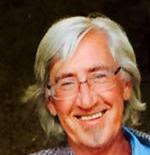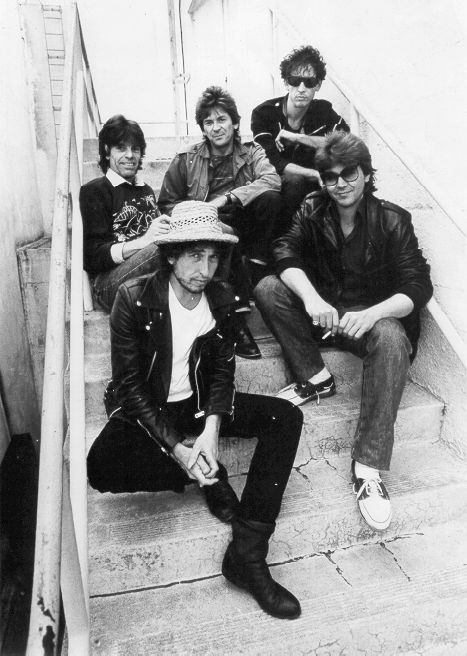Encouraged by feedback from people telling me they'd bought Alan Lomax's
The Land Where The Blues Began on my recommendation I thought I'd take time to list a few more books and records that seem to me to have achieved greatness and/or that I love. If some things on the list seem obvious, well, so be it.
First, a few items from the list of favourites on my Profile Page:
LAST STEP IN THE DANCE by Tim GautreauxA contemporary novel set in a highly atmospheric but never swamp-gothic clichéd Louisiana, powerfully written, driven by strong narrative and equally strong, real characters, fused together with compelling ingenuity. Scrupulous, admirable, humane: a wonderful book.
MIDDLEMARCH by George EliotThe greatest novel I have ever read.
FEAR & LOATHING IN LAS VEGAS by Hunter S. ThompsonFunny, acerbic, angry, unique right from the opening page. Thompson gets an entry in
The Bob Dylan Encyclopedia that includes this: "By his style, passion, humour and vividly conveyed sense of horror, he captured and magnified, perhaps even helped to develop, a hip public’s sense of rabid disgust at the politics and politicians of Amerika. Watergate was made for him..." and this: "His masterpiece...was
Fear And Loathing In Las Vegas, published in book form at the end of 1971, which charmed and captivated a generation right from its combative and seductive opening sentence: ‘We were somewhere around Barstow on the edge of the desert when the drugs began to take hold.’ There are striking connections and correspondences between this great early-1970s prose work and the Bob Dylan of 1966 - especially the Dylan of ‘Stuck Inside Of Mobile With The Memphis Blues Again’.
COLD MOUNTAIN by Charles FrazierThe film was likeable, but the novel is magnificent, and surely one of the best books of any kind centred on the American Civil War.
NOW IN NOVEMBER by Josephine JohnsonA magnificent, bleak and beautiful novel written in, and set in, the Depression and the 1930s drought, told as from the inside, about an urban family struggling to be tenant farmers. This sounds depressing, and it is, but this début novel by the 24-year-old Johnson also has a towering poetic majesty, and at the same time an unerring eye for detail that makes it scintillating to read its prose. The book was a huge success when published in the 1930s, but she never matched its popular success again and it has become a largely forgotten masterpiece. Which is absurd, because this is right up there with
The Grapes of Wrath and Woody Guthrie's
Bound For Glory.More recommendations will follow in a day or two.
Obviously if anyone unfamiliar with any of the above is moved to try one or two, they could buy or order them from their local independent book store; but for those on a budget, I've put links to them on Amazon (US and UK where possible) in the updated
Recommendations column on the left. I know this is now a long column, but you'll still find the
Links section underneath it.





















